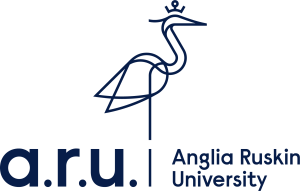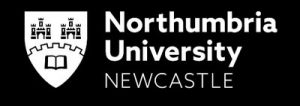We have developed our degree accreditation scheme to recognise those undergraduate and postgraduate degrees that offer students the knowledge and practical skills most valued by employers. The need for such a scheme was identified by research published in 2011 into the ecological skills gap and skills shortages in the UK and Ireland.
The purpose of our degree accreditation is:
- To support higher education institutes in developing graduates that can help the profession address the skills gap and skills shortage issue.
- To promote the importance of mandatory practical fieldwork as part of taught degree courses.
- To help students make informed choices about what different courses are available and the skills that they provide, to help them with their future career prospects.
Our degree accreditation scheme is focused on core ecological and environmental theory and significant practical experience, much of which should be in the form of fieldwork. We firmly believe that experience ‘in the field’ is essential to gaining skills that are crucially important to employers seeking to recruit graduates. These include:
- the application of theoretical knowledge in ‘real world’ situations;
- the teaching of some skills (e.g. species identification) that can only be taught, or can best be taught, in the field;
- exposure to uncontrolled, unpredictable field situations; and
- the development of scientific interpretation, analytical and report writing skills.
Benefits of Accreditation
Studying a CIEEM accredited degree or degree pathway has many significant benefits:
- Our accreditation is underpinned by feedback directly from employers – we have designed the scheme around what we know they are looking for in candidates.
- The course content and achievement of key learning outcomes has been rigorously assessed for quality and relevance.
- Students studying on accredited degrees or degree pathways are eligible for FREE student membership, for the duration that the course is accredited.
- During their course, students will have the opportunity to attend relevant CIEEM events, meet practising ecologists and environmental managers, and access careers advice from employers within the sector.

Here is what accredited students have to say:
“Choosing a CIEEM accredited degree assured me of the quality of education that I would receive and that future employers would recognise this as well”. – Matthew, Nottingham Trent University, BSc (Hons) Biological Sciences (Ecology and Environmental Management)
Undergraduate Accredited Degrees
Institution |
Course |
Valid from |
Valid until |
 |
BSc Ecology and Conservation | 2023 | 2028 |
|
|
BSc (Hons) Environmental Land Management | 2013 | 2028 |
|
|
BSc (Hons) Wildlife Conservation and Environmental Management | 2017 | 2028 |
 |
BSc Environmental Science | 2016 | 2026 |
  |
BSc (Hons) Environmental Science | 2014 | 2029 |
   |
BSc (Hons) Biological Sciences (Environmental Biology) | 2013 | 2025 |
   |
BSc (Hons) Animal Biology and Conservation | 2014 | 2024 |
   |
BSc (Hons) Natural History | 2017 | 2026 |
Postgraduate Accredited Degrees
Institution |
Course |
Valid from |
Valid until |
  |
MSc Biodiversity Conservation | 2018 | 2028 |
  |
MSc Conservation Management | 2019 | 2024 |
  |
MSc Wildlife Biology and Conservation | 2018 | 2029 |
   |
MSc Ecology and Environmental Management | 2016 | 2026 |
   |
MSc Biodiversity Conservation | 2014 | 2025 |
   |
MSc Conservation Ecology | 2014 | 2024 |
   |
MSc Wildlife and ConservationManagement | 2017 | 2025 |
Accredited Degree Pathways
  |
BSc (Hons) Zoology | 2016 | 2026 |
If a degree or degree pathway becomes accredited by CIEEM before or during your time on that course, you are entitled to apply for FREE CIEEM Student Membership (CIEEM Accredited Degree), until the accreditation ceases.

